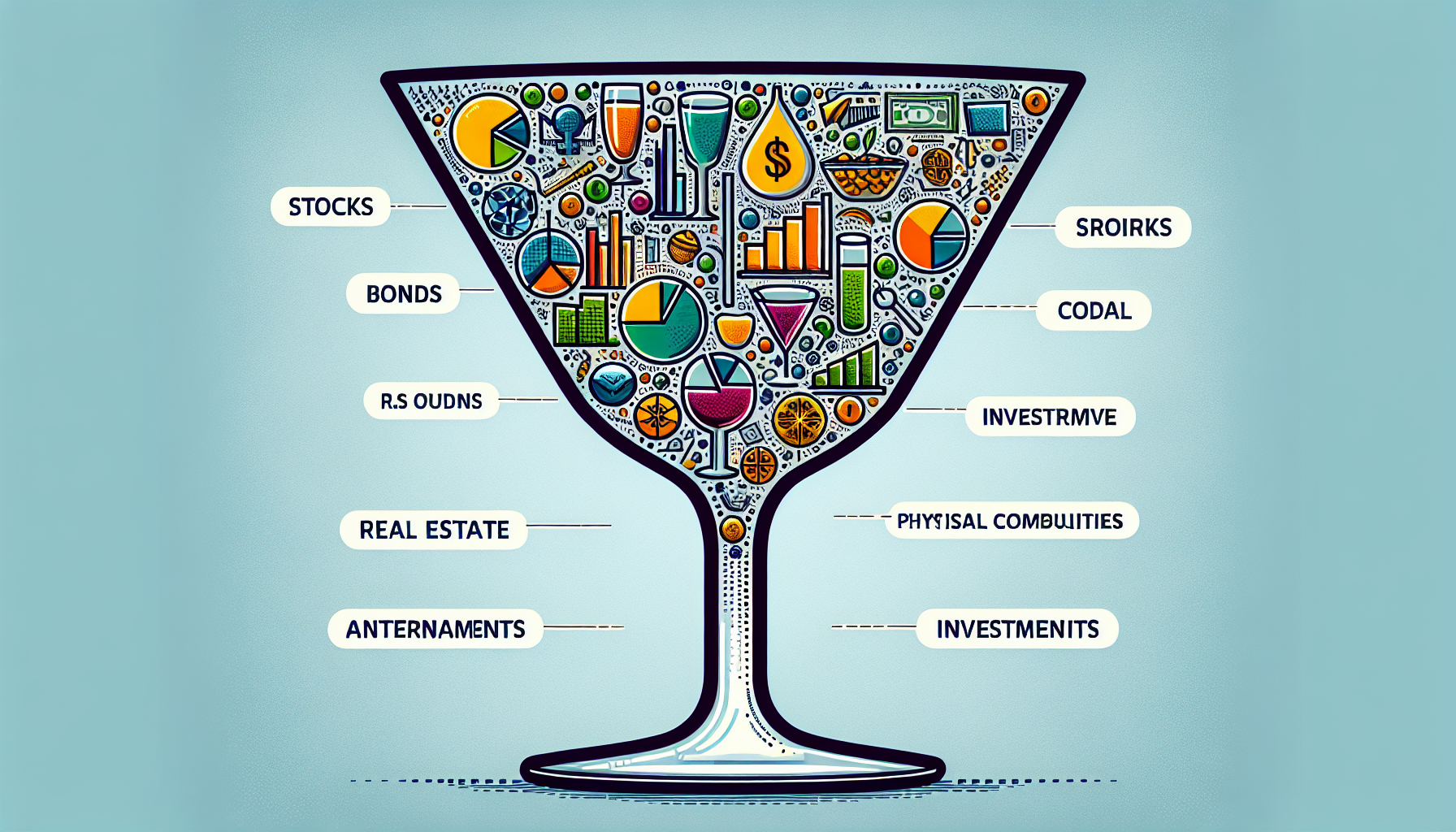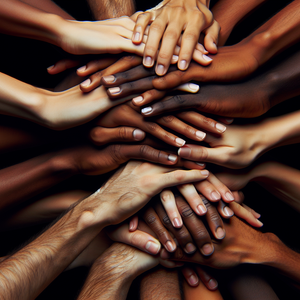Beyond the Mat: Simone Biles' Influence on Mental Health Awareness

Biles' journey has been marked by extraordinary success, but it has not been without its challenges. After her stunning performances at the Tokyo 2020 Olympics, where she withdrew from several events citing mental health concerns, the world watched in awe and support. Unlike many athletes who might prioritize competition over mental well-being, Biles chose to prioritize her mental health, a decision that sparked widespread discussion. Her openness about the pressure to perform, the fear of failure, and the impact of past trauma resonated with many, highlighting that even the most accomplished individuals face mental health struggles. Biles has spoken candidly about experiencing the "twisties," a phenomenon where gymnasts lose their sense of spatial awareness mid-air, which can lead to dangerous situations. This personal account offers insight into the mental strain that can accompany athletic excellence, making her struggles relatable to anyone who has faced pressure in their professional or personal lives.
Advocacy Through Visibility
Following her decision to step back from competition, Biles became a powerful advocate for mental health awareness. Her visibility as a top athlete gave her a platform to emphasize the importance of mental health in sports. She has spoken candidly about her experiences in interviews and social media, encouraging other athletes to speak out and seek help when needed. This shift in focus has contributed to a changing narrative in sports, where mental health is increasingly recognized as crucial to overall performance and well-being. Biles' influence extends beyond gymnastics. Her advocacy has inspired athletes from various sports to share their own mental health challenges. For instance, tennis star Naomi Osaka, who withdrew from the French Open to prioritize her mental health, cited Biles as an influence in her decision. Likewise, Olympic swimmer Michael Phelps, who has been vocal about his mental health struggles, has echoed her sentiments, acknowledging the pressures of high-stakes competition and the necessity of mental health care. This collective voice is gradually reshaping the culture of sports, encouraging openness and understanding.
Broader Implications for Athletes
Biles' courageous stance has broader implications for athletes at all levels. It signals a shift towards prioritizing mental health as part of athletic training and performance. Coaches and sports organizations are beginning to recognize the importance of mental health resources, integrating mental health professionals into their programs to support athletes' well-being. This proactive approach can help destigmatize mental health issues and foster an environment where athletes feel safe to express their struggles. Moreover, Biles’ influence can inspire younger athletes to prioritize their mental well-being. As children and teens navigate the pressures of competition and performance, having role models like Biles can encourage them to seek help if they encounter mental health issues. Educational programs in schools and sports academies are increasingly incorporating mental health education, thanks in part to the visibility brought by advocates like Biles. This cultural shift towards mental wellness can ultimately create a healthier and more supportive sports environment for future generations.
Simone Biles has transcended her role as a gymnast to become a powerful advocate for mental health awareness. By sharing her own experiences and prioritizing her well-being, she has inspired countless individuals and sparked significant conversations about mental health in sports. Her influence is reshaping the landscape of athletics, encouraging a more supportive and understanding approach to mental wellness. As Biles continues to champion this vital cause, her legacy will undoubtedly pave the way for future athletes to prioritize their mental health, leading to a healthier, more resilient sporting community. In a world where mental health has often been stigmatized or overlooked, Biles’ actions serve as a reminder that strength comes not only from physical prowess but also from the courage to address and prioritize mental well-being. Her journey encourages us all to foster a culture of openness and support, ensuring that mental health remains an integral part of the conversation in sports and beyond.
Sports Psychologist
National sports teams, athletic colleges, private practices, sports academies
Responsibilities
Provide mental health support to athletes, helping them cope with performance anxiety, stress, and personal issues.
Develop mental training programs to enhance athletes' focus, resilience, and overall performance.
Conduct workshops and seminars on mental health awareness tailored for athletes and coaching staff.
Required Skills
Expertise in psychology, particularly sports psychology, with a relevant degree (PhD or PsyD preferred).
Strong communication skills to effectively convey mental health strategies to athletes and teams.
Experience in crisis intervention and the ability to assess mental health conditions.
Athletic Trainer with a Focus on Mental Health
Athletic departments at universities, professional sports teams, fitness centers, rehabilitation clinics
Responsibilities
Provide physical and mental health support to athletes, addressing injuries, stress management, and recovery.
Collaborate with sports psychologists to create comprehensive wellness programs for athletes.
Educate athletes on the importance of mental health in conjunction with physical training regimens.
Required Skills
Certification as an athletic trainer (ATC) with additional training in mental health first aid or counseling.
Familiarity with rehabilitation techniques and mental health resources.
Strong interpersonal skills to foster trust and communication with athletes.
Mental Health Advocate in Sports Organizations
Nonprofits, sports governing bodies, educational institutions
Responsibilities
Develop and implement mental health initiatives within sports organizations to promote athlete well-being.
Lead campaigns to raise awareness about mental health issues in sports, including workshops and outreach programs.
Collaborate with stakeholders to integrate mental health resources into existing athletic programs.
Required Skills
Background in social work, psychology, or public health with experience in advocacy or program development.
Strong public speaking and presentation skills to engage diverse audiences.
Knowledge of mental health policies and best practices in the athletic context.
Sports Coach with a Focus on Mental Wellness
School athletic programs, community sports leagues, professional sports teams
Responsibilities
Incorporate mental health strategies into training sessions, emphasizing the balance between physical performance and mental well-being.
Foster a supportive team environment where athletes feel safe discussing mental health challenges.
Monitor athletes’ mental health and refer them to professionals when necessary.
Required Skills
Coaching certification with training or background in psychology or mental health.
Ability to create a positive and open team culture that prioritizes mental wellness.
Strong leadership and motivational skills to encourage athletes in both physical and mental challenges.
Program Coordinator for Mental Health in Sports
Sports organizations, educational institutions, mental health advocacy groups
Responsibilities
Design and oversee programs that educate athletes and coaches about mental health resources and strategies.
Evaluate the effectiveness of mental health initiatives and make recommendations for improvement.
Liaise with mental health professionals to ensure the program meets the needs of athletes.
Required Skills
Bachelor's or master's degree in sports management, psychology, or a related field with experience in program coordination.
Excellent organizational and project management skills.
Ability to analyze data and report on program outcomes effectively.


